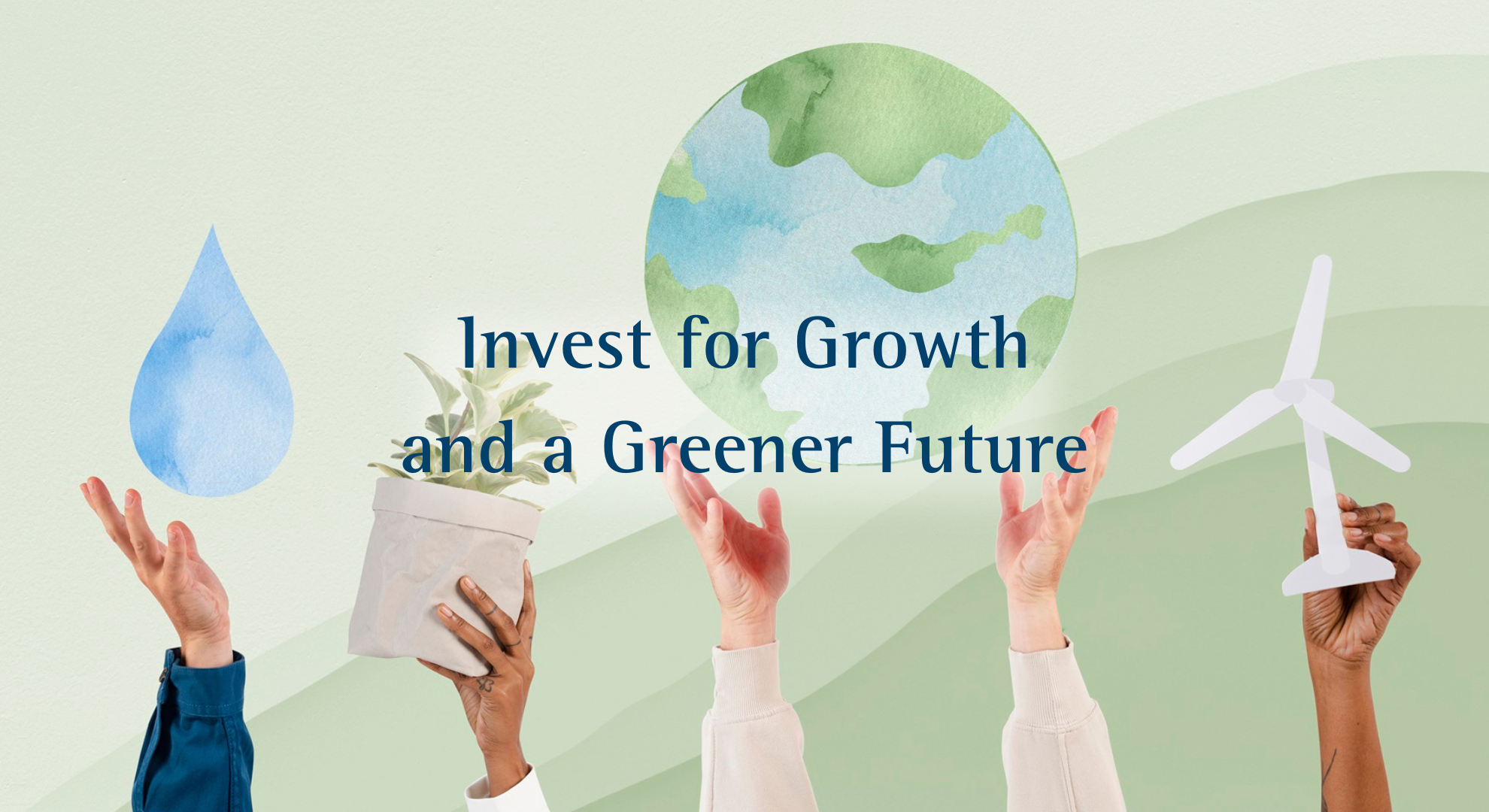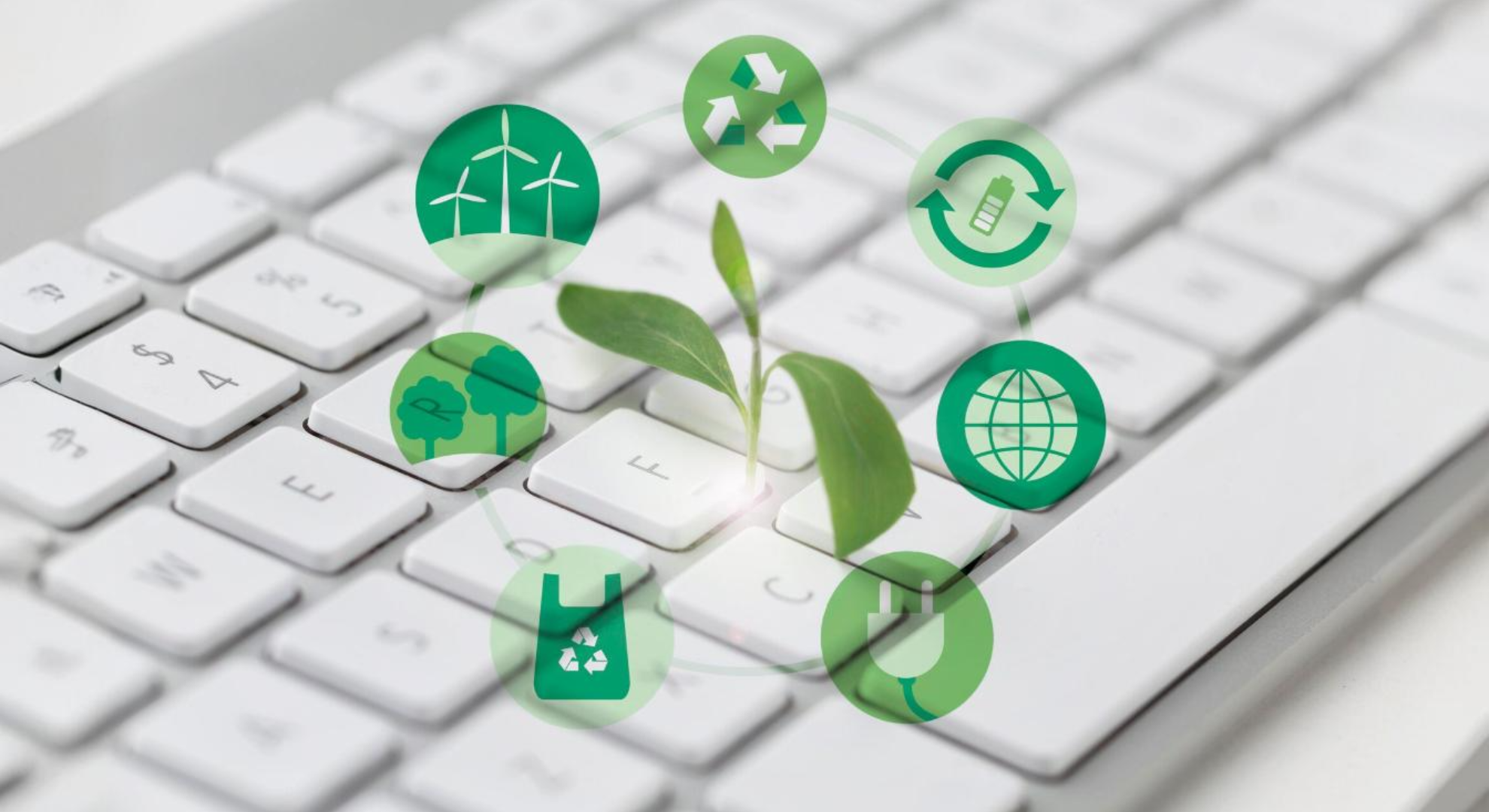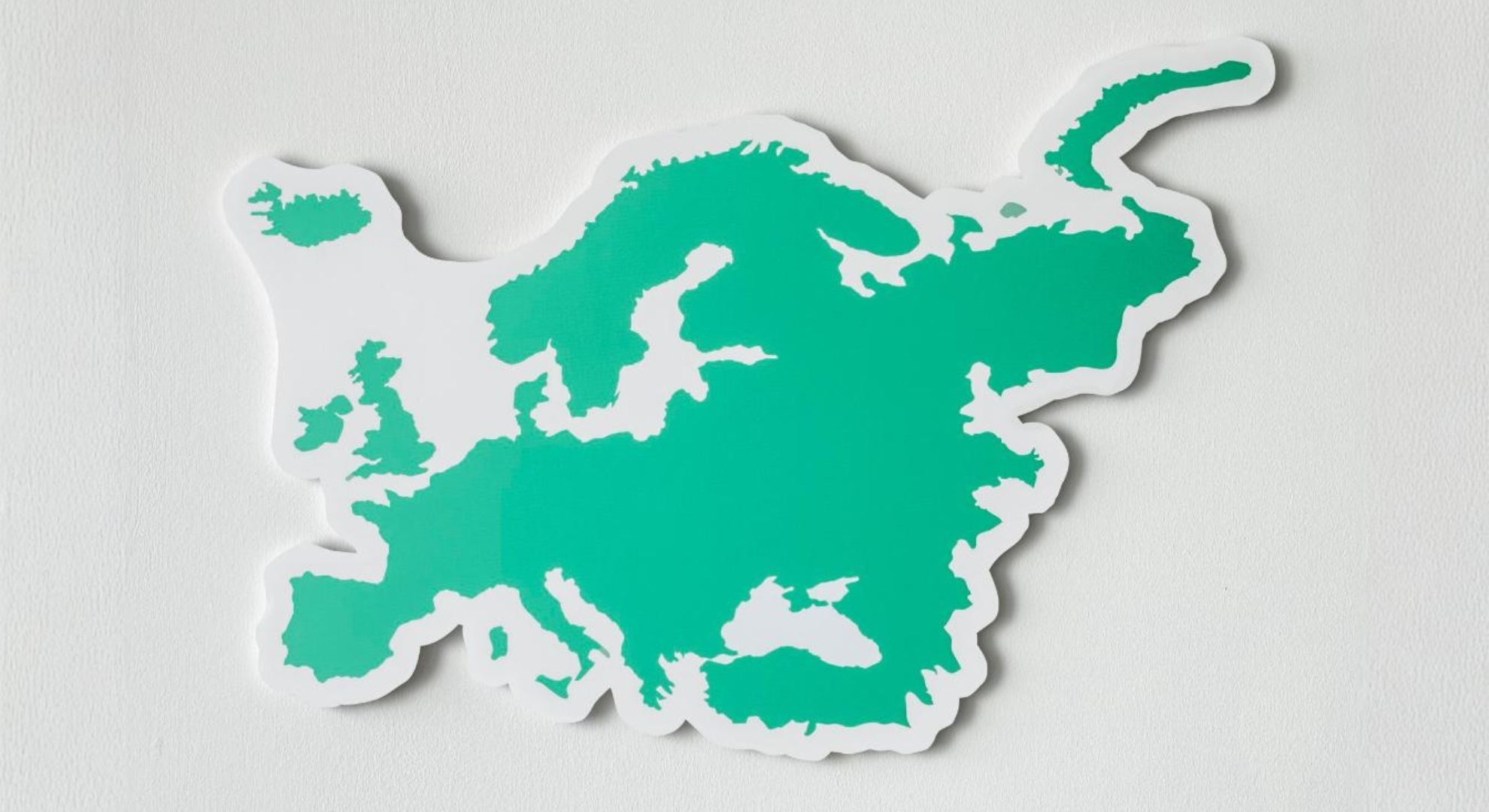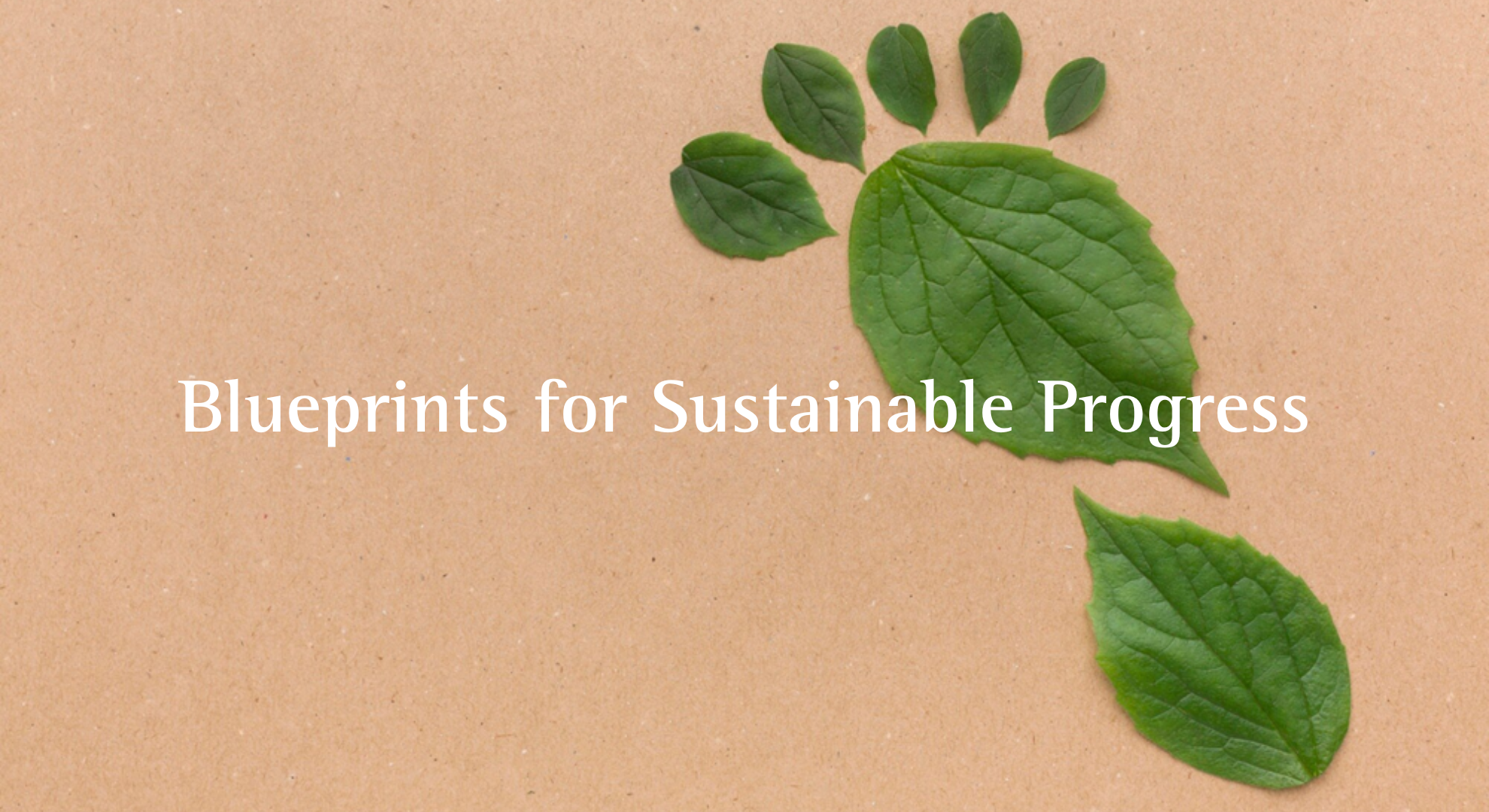Sustainability Standards Disclosures
Standards reflect best practices and requirements for sustainability reporting. This, in turn, helps organisations to respond to demands from their stakeholders, investors and regulators. Explore the essential frameworks shaping the future of sustainable finance and reporting.





